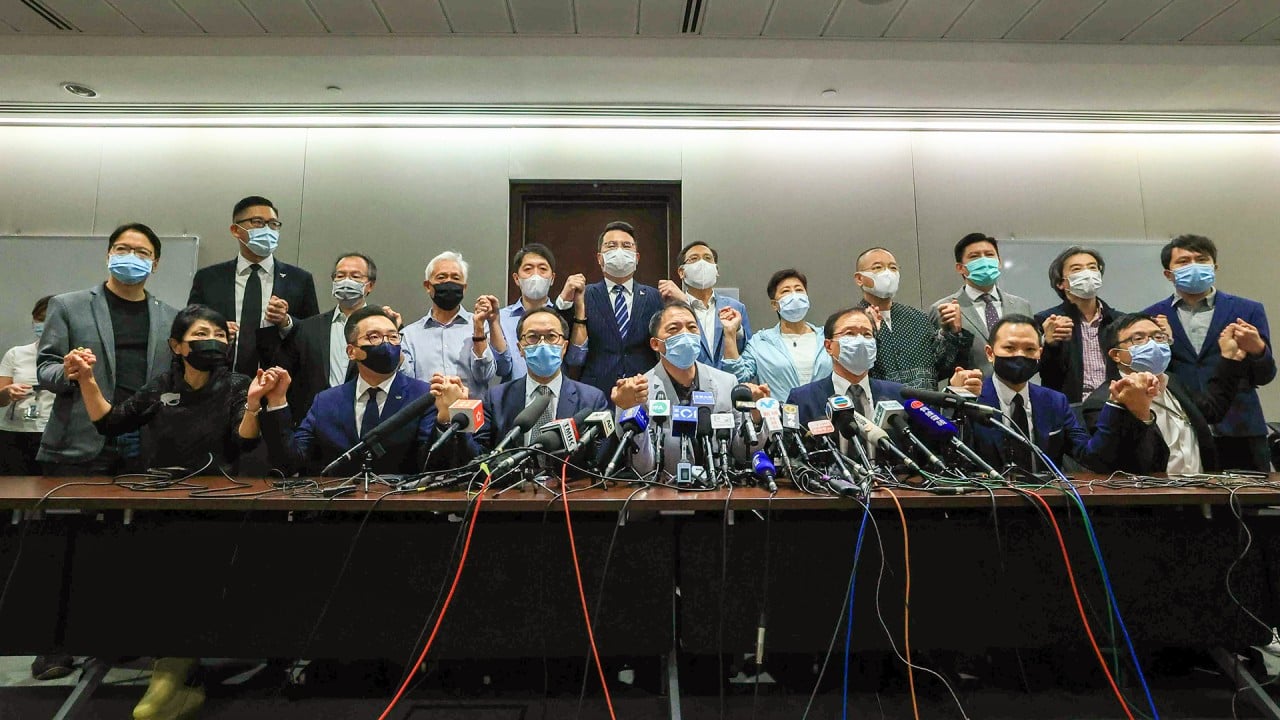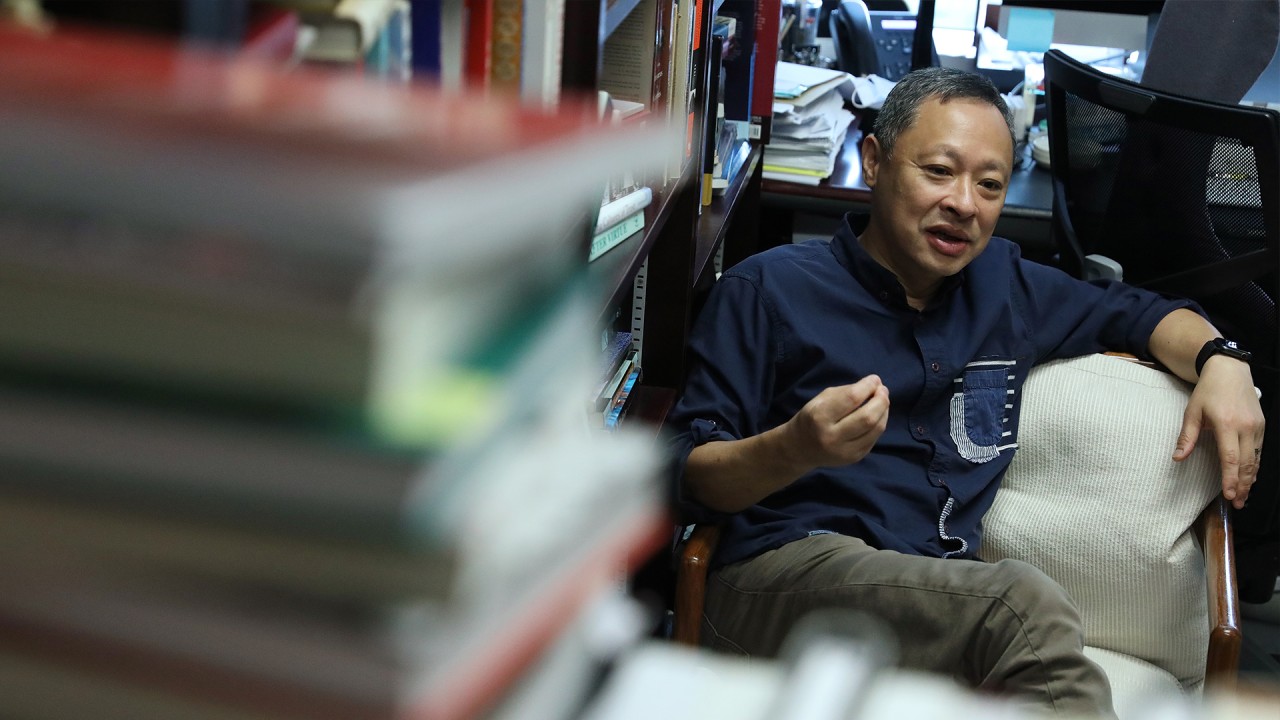
Beijing is casting more doubt on Hong Kong’s future as a financial hub
- The disqualification of four Hong Kong legislators and the suspension of Ant’s IPO point to a discomforting conclusion: the city’s role as a business hub with an independent legal system is now vulnerable to diktats from Beijing
Beijing’s stress test of Hong Kong has entered a new, more critical stage. What’s at stake is whether business can be divorced from politics – whether a steadily less free city can not only remain economically prosperous but continue as an international financial centre.
If Hong Kong survives this test, the territory will be an exceptional case, perhaps the only city ever that has thrived as a global hub even as its political and civil freedoms are taken away. Global financial centres are hard to replace. But the obstacles are mounting.
The legal system is one of Hong Kong’s last surviving independent institutions. The targeting of individual judges by pro-Beijing political figures signals that the campaign to bring the courts under Communist Party control will continue. The end of judicial independence would call into question the sanctity of contracts and undercut Hong Kong’s reputation as a place where property rights are respected.

04:08
Hong Kong opposition lawmakers to resign en masse over Legislative Council disqualifications
We have to believe that national leaders in Beijing want Hong Kong to succeed. We should expect to see continuing measures designed to ensure that Hong Kong retains its business vibrancy. Chinese officials excel at doling out short-term sweeteners to induce economic activity. After the severe acute respiratory syndrome epidemic, Beijing encouraged tourism and property investment in Hong Kong by mainlanders.
Hedge fund founder Ray Dalio is among those who are bullish on China, looking at long-wave cycles of imperial rise and decline, and arguing that foreigners are underweight on Chinese investments. What better place to access the China market than through Hong Kong?
Hong Kong has always needed to be just a bit freer, a bit more open than the mainland. But this is 2020, not 1990. Will a more closed Hong Kong, one that is well on its way to becoming another mainland city, still hold appeal as an international financial centre in the 21st century?
It is possible. But what is Hong Kong’s role in the revamped Pearl River Delta supposed to be? It is, above all, a financial centre. Financial centres rely on the free flow of information and strong independent legal systems. These require a larger sense of community trust. Without freedom and community trust, what does Hong Kong have, really?
How new fintech rules stunned Jack Ma, wiped out Ant Group’s IPO

02:13
University of Hong Kong sacks Occupy leader Benny Tai
In politics, if you break it, you fix it. As far as much of the international community is concerned, Beijing has broken Hong Kong with an unnecessary and undignified overreaction to simmering discontent over Hongkongers having a political say. Now Beijing has the task of building a new Hong Kong.
Perhaps it will follow the advice of Bertolt Brecht, the German poet, playwright and communist poet, who caustically wrote after a failed 1953 worker uprising in East Germany that “the people had forfeited the confidence of the government” and they needed to win it back by working harder. Brecht sardonically asked if it wouldn’t be easier “for the government to dissolve the people and elect another”.
It won’t be the same Hong Kong in the 2020s as it was in the early 2000s, especially if the government decides to “dissolve the people”, but Hong Kong’s role as a financial centre will not be easily eroded. Stress tests notwithstanding, for now there’s simply not a better alternative.
Mark L. Clifford is the executive director of the Asia Business Council

